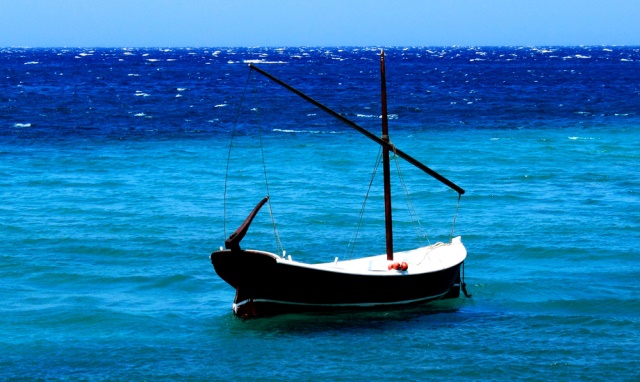
Especial para Punto Final
Por Ricardo Alarcón de Quesada
Con este título publicó Juan Bosch en 1944 un artículo en solidaridad con la lucha por la independencia de Puerto Rico. Fue uno de los incontables trabajos periodísticos, políticos y literarios que el gran escritor dominicano produjo durante su prolongado exilio habanero, varios de los cuales dedicó a la causa de la isla hermana.
Pese al tiempo transcurrido, casi ya tres cuartos de siglo, texto semejante, con idéntico título, podría escribirse hoy: “A la deriva por los mares de la historia, sin rumbo, sin destino, va Puerto Rico: desde hace cuatro siglos y medio”.
Ahora habría que agregar que la situación es peor y la isla, azotada por feroces huracanes, sobre todo el más reciente y brutal llamado Donald Trump, encara un momento decisivo de su historia.
Entonces, cuando Bosch redactó su hermosa profecía, gobernaba en Washington Franklin Delano Roosevelt quien prometía al pueblo norteamericano un nuevo trato que beneficiase a los trabajadores y a los pobres y a los pueblos del Continente ofrecía una política de buena vecindad. Pero sus promesas no le sobrevivieron.
Hace ya mucho tiempo que ambos proyectos fueron reducidos a cenizas, barridos por el capitalismo salvaje y el belicismo desenfrenado que han practicado, de un modo u otro, con matices secundarios, todas las Administraciones estadounidenses después de la Segunda Guerra Mundial.
En los años cuarenta Luis Muñoz Marín y su Partido Popular Democrático (PPD) todavía abogaban por la independencia de la Isla. Más tarde relegarían a un plano secundario la cuestión fundamental de la soberanía nacional y darían paso, con el patrocinio de Washington, al llamado “estado libre asociado” (ELA), torpe disfraz que en nada cambió la cruda realidad colonial.
Gracias a exenciones tributarias y otros privilegios el territorio fue inundado por capitales norteamericanos desplazando a los productores locales e impulsando una emigración masiva hacia el norte. Cuantiosas inversiones en la infraestructura le dieron un aire de modernidad y la propaganda imperial no escatimó esfuerzos para vender a la hermosa isla como un paradigma, un modelo para el resto del Continente. Paralelamente llenaron el pequeño territorio de bases e instalaciones militares convirtiéndolo en un verdadero fortín que fue pieza clave para su política agresiva e intervencionista en todo el Continente.
Esa propaganda logró ocultar, al mismo tiempo, dos aspectos decisivos para entender la realidad puertorriqueña. Por un lado la persecución y represión sistemática contra el movimiento patriótico, muchas veces violenta y abierta, otras, encubierta y más o menos sutil, pero siempre avasalladora. Y por el otro el rechazo de Washington a todas y cada una de la peticiones del pueblo puertorriqueño, incluyendo el PPD, para modificar la relación colonial y hacerla menos lesiva a sus legítimos intereses.
En rigor el ELA fue un embuste desde su nacimiento. Jamás hubo una “asociación” entre Puerto Rico y Estados Unidos y llamar “libre” al engendro así creado era, además de una afrenta a su víctima, el pueblo boricua, un grosero insulto al lenguaje. Todos los esfuerzos promovidos desde la isla para alcanzar espacios de autonomía fracasaron ante la insolencia imperial.
Con el paso del tiempo la metrópoli colonial también fue cambiando. Estados Unidos sigue siendo la principal potencia económica y militar del planeta pero su dominio ya no es absoluto, indiscutido, como lo fue al concluir la Segunda Guerra Mundial. Tuvo que eliminar varias disposiciones importantes que había favorecido a sus inversiones en la isla y estas fueron en busca de otros mercados más lucrativos.
El modelo económico impuesto a la colonia terminó en un fracaso estrepitoso y las autoridades locales debieron reconocer su incapacidad para pagar la deuda pública de más de 70 mil millones de dólares y se afanaron inútilmente en busca de una solución imposible para un país sometido totalmente a un poder extranjero.
Carente de soberanía propia a Puerto Rico se le cerraron todas las posibilidades de negociación para enfrentar un problema que encaran todos los días los países independientes. En Washington el Congreso y la Administración se pusieron de acuerdo para establecer una llamada Junta de Control Fiscal la cual es hoy la verdadera autoridad que administra el territorio y cuya tarea es obligar a los puertorriqueños a pagar lo que supuestamente deben imponiendo para ello draconianas medidas de austeridad que aumentaron el desempleo, eliminaron servicios sociales básicos e incrementaron la emigración.
Por si fuera poco la isla fue azotada por dos huracanes de gran intensidad, Irma y María, sobre todo este último que la arruinó casi por completo. Se calculan en más de 90 mil millones de dólares las pérdidas ocasionadas por estos fenómenos meteorológicos. Miles de familias perdieron sus viviendas y cuatro meses después una gran parte de la población no tiene electricidad ni agua potable, muchas escuelas no han reiniciado sus actividades y nadie sabe cuándo ni cómo se recuperará la infraestructura derrumbada.
Ni siquiera se sabe con precisión cuántas personas perdieron la vida como consecuencia del paso de María. Investigaciones periodísticas independientes calculan que pasan de mil.
Más de 200 mil han buscado refugio en Estados Unidos en una ola migratoria que no parece detenerse.
Para colmo llegó Trump. El insólito personaje, que nada ha hecho siquiera para aliviar la tragedia boricua, no sólo recordó que hay que reembolsar la supuesta deuda sino que impulsa una reforma tributaria que, entre otras cosas, grava con un 20% los productos procedentes de la isla con lo que hará de la recuperación económica una quimera irrealizable.
En medio del desastre resulta conmovedor el empeño del pueblo por reconstruir su país, sin ayuda federal y frente a la corrupción y la torpeza de quienes dicen representarlo.
Parece cumplirse lo que Juan Bosch anticipó hace tanto tiempo. A la hora del naufragio serían los trabajadores, los desposeídos, los de abajo, finalmente unidos en el dolor y la esperanza, los únicos capaces de salvar la Patria.
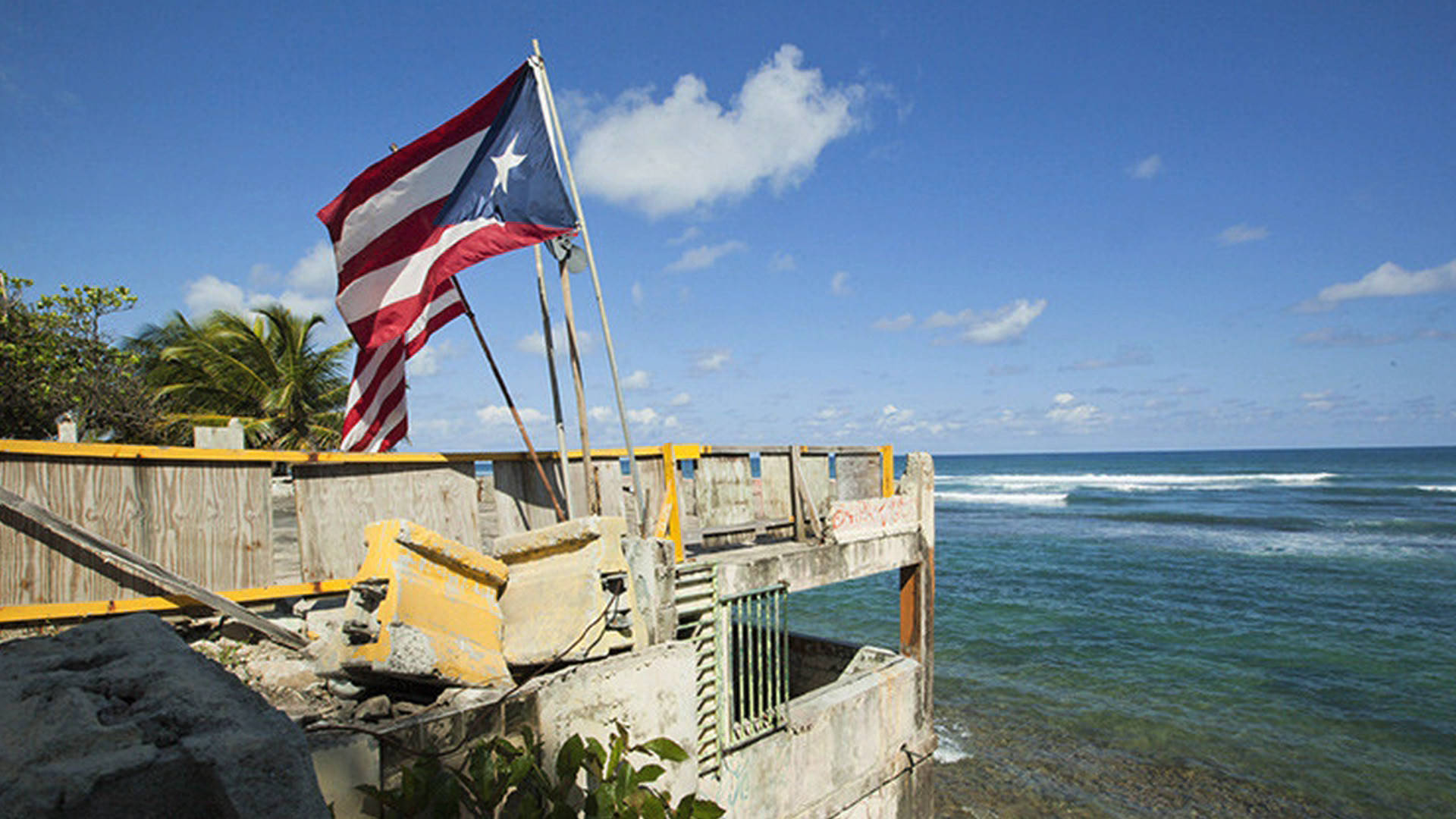
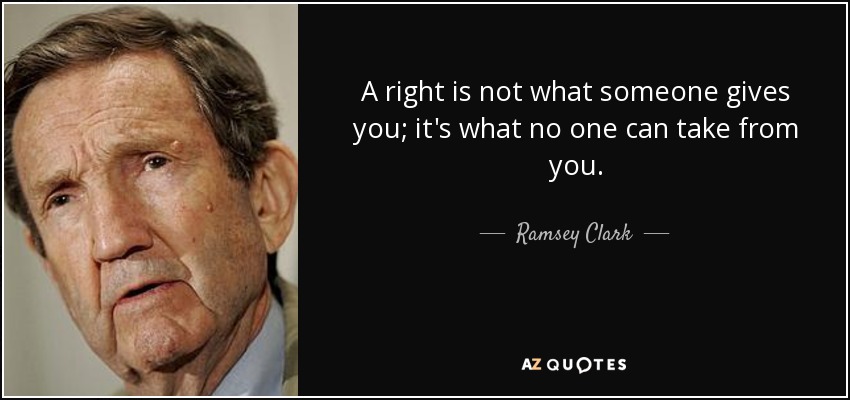
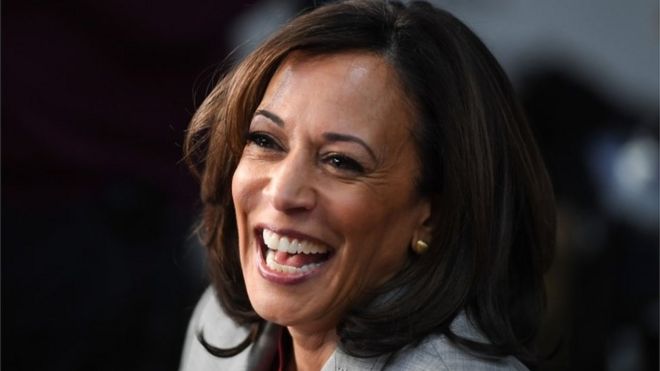


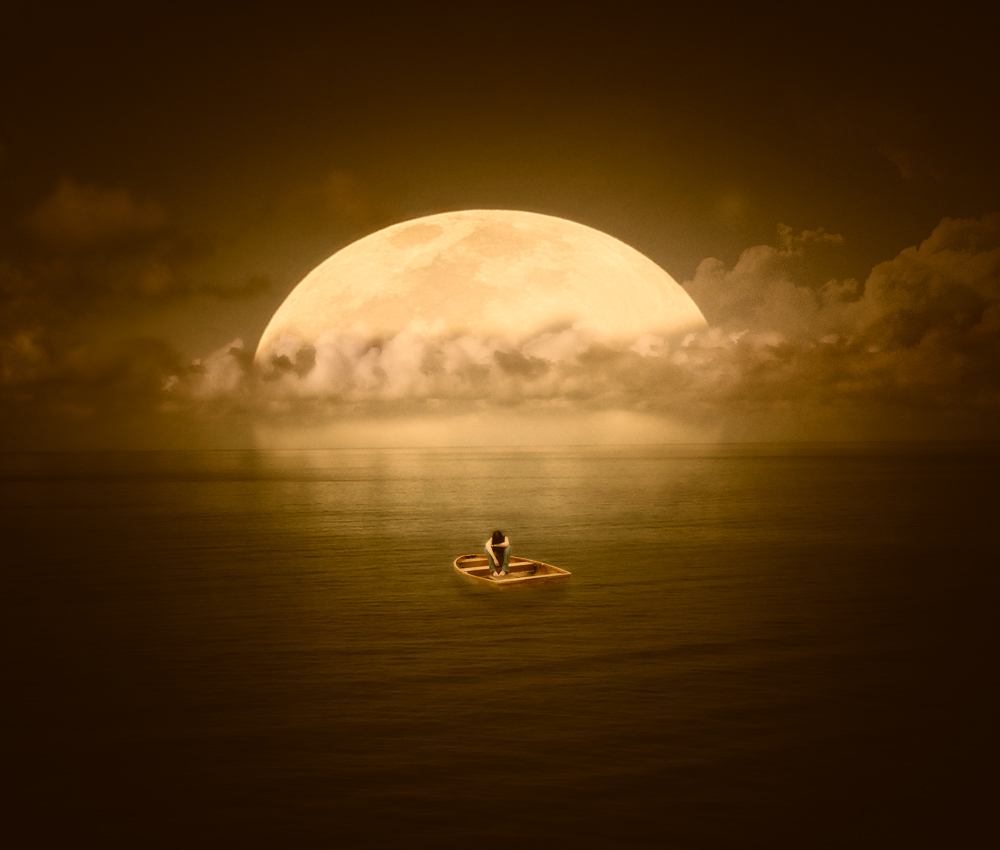



 Originally posted in
Originally posted in 

